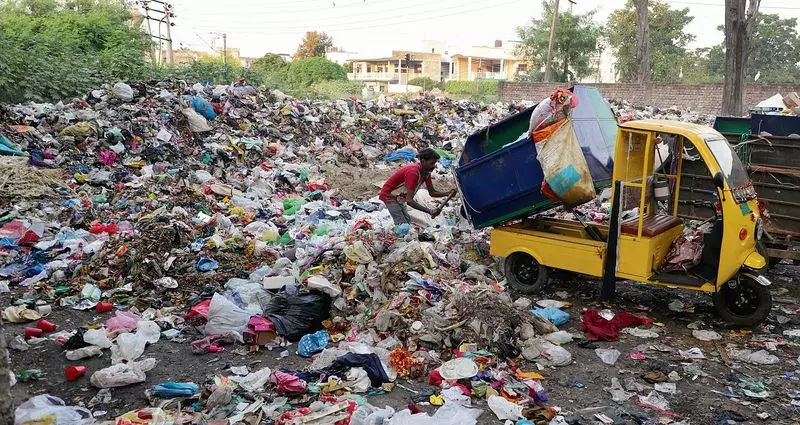
The picturesque city of Phagwara finds itself drowning in its own waste as the municipal garbage crisis reaches alarming proportions. The situation has become so dire that Bharatiya Janata Party leader and former MLA Rajesh Pal Singh Khanna has formally approached the Punjab State Human Rights Commission (PHRC), demanding urgent intervention.
Mounting Garbage, Mounting Concerns
For weeks, Phagwara residents have been living amidst growing piles of untreated waste that dot various locations across the city. The improper disposal and lack of timely garbage collection have transformed several areas into unofficial dumping grounds, creating both an eyesore and a serious health hazard.
The crisis has reached a tipping point, with citizens complaining about the foul stench permeating residential areas and the increased risk of vector-borne diseases. Local businesses and daily life have been significantly impacted by the deteriorating sanitary conditions.
Official Complaint Highlights Municipal Failure
In his detailed complaint to the PHRC, Khanna didn't mince words about the gravity of the situation. "The sheer negligence displayed by the Phagwara Municipal Corporation is unacceptable," he stated, emphasizing that the right to live in a clean environment is a fundamental human right that's being violated.
The BJP leader's appeal outlines several critical failures:
- Inadequate garbage collection and transportation systems
- Lack of proper waste processing facilities
- Failure to implement scientific waste management practices
- Negligence in addressing public health concerns
A Call for Immediate Action
Khanna's petition doesn't just highlight problems—it demands concrete solutions. He has urged the PHRC to direct the municipal authorities to:
- Immediately clear all existing garbage dumps across the city
- Implement a systematic and regular waste collection system
- Establish proper waste processing mechanisms
- Compensate affected residents for health issues arising from the crisis
The timing of this intervention is crucial, as the approaching monsoon season could exacerbate the health risks, turning stagnant waste into breeding grounds for mosquitoes and other disease carriers.
Broader Implications for Urban Governance
This case transcends Phagwara's immediate garbage problem, raising important questions about urban governance and municipal accountability across Punjab. The PHRC's response—or lack thereof—could set a precedent for how similar environmental and public health crises are handled throughout the state.
As residents await relief, all eyes are on the Punjab State Human Rights Commission to see whether this formal complaint will finally trigger the action needed to restore Phagwara to its former cleanliness and ensure the fundamental right to a healthy living environment for all its citizens.





